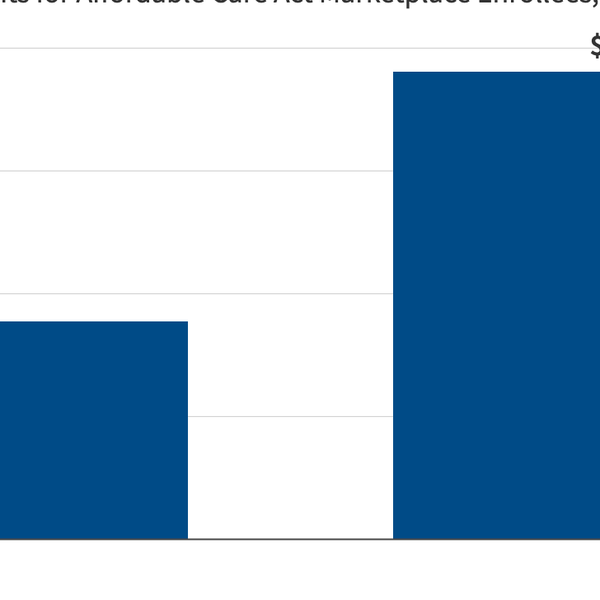Unlike the Tea Party on the right, the Occupy Wall Street protests have thus far lacked any supporters in Congress. But with labor unions and the Working Families Party getting on board, that may be about to change — and with it, just maybe, their ability to shape the agenda on Capitol Hill.
“I think it has become a vehicle for people to vent their frustration with the economy,” Senator Kirsten Gillibrand told The National Memo on Tuesday. “Everywhere I travel across New York State I meet with every day families and small businesses, and they are deeply worried about the economy. I share the frustration at how broken Washington has become in forging solutions. We must act and I hope we can rally around the bipartisan ideas I’ve outlined today to get people back to work.”
Off-the-record conversations with other members of New York’s congressional delegation suggest sympathy for the cause, though few have gone on record backing it as of yet. More on this as it develops.
But if Democratic members of Congress remain hesitant to express public backing, some party stalwarts do not.
“I’ve been waiting for something like this to happen,” Howard Dean, former Democratic National Committee chair and governor of Vermont, told The National Memo. “Wall Street is an institution that is not serving the country well. Because of their financial practices, money’s not getting invested in the long-term creation of jobs. They basically have turned Wall Street into a gambling casino. Credit default swaps, about 95 percent of that is speculation. So I’m glad to see all these young people on Wall Street.”
He suggested the protesters were law-abiding citizens who deserved to be heard, and that we might see additional Democratic Party backing in the future. The Wall Street protests speak to the massive and growing gap between rich and poor in this country, Dean argued, and the political class ought to take notice.
“I think this country’s in a lot of trouble and I’m glad someone’s finally standing up and talking about it. The danger of having a situation where the gap between the top and the bottom is so great is that people stop believing in the system. There are a lot of young people who I’m not sure believe in America anymore. That’s a very dangerous place to be. This is about unfairness, about society becoming an unfair place.”
He insisted this is a youth-based struggle for justice that defies traditional political typology, and is fundamentally concerned with fairness and equity.
“I don’t consider it to be a political movement, which is why I think they have trouble articulating their demands. What they want is an America that’s fair to everyone again, where there’s really equal opportunity.”
Dan Cantor, executive director of the Working Families Party (WFP), which supports progressive Democrats in New York through fusion voting (a vote for a Democrat on the Working Families line is just as useful as one on the Democratic line), expressed support in advance of Wednesday’s solidarity march where the WFP and unions joined the Occupy Wall Streeters.
“This is the more established progressive movement following the youth of America,” he told The National Memo. “And it’s a good thing, too. I think people understand that we owe the Occupy Wall Street people a huge debt of gratitude. Because they have shined a light where it needed to be shined. We are no longer talking about whether poor people caused the subprime crisis. We’re talking about people who committed fraud and have thus far escaped responsibility.”
Likewise, national head of the AFL-CIO Richard Trumka lauded the protestors as many of his subsidiary union members joined the fray.
“Occupy Wall Street has captured the imagination and passion of millions of Americans who have lost hope that our nation’s policymakers are speaking for them,” he said. “We support the protesters in their determination to hold Wall Street accountable and create good jobs.”
Even Barack Obama, asked about the protests at a press conference Thursday morning, seemed to offer tentative support, despite Wall Street being among his top campaign contributors in 2008.
The new institutional backing showed when thousands came out for the march Wednesday. Less clear is whether the new momentum can be sustained, and whether the protests — which have spread to other large cities but not to many small ones — can bring a more sizeable chunk of the population into the fold, as the labor protest movement did in Israel this summer. Only then might we start to see swing votes in Congress take notice.








